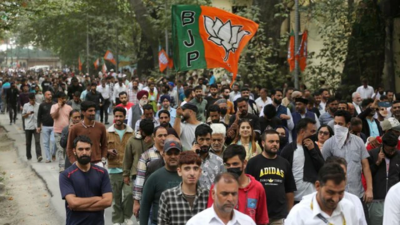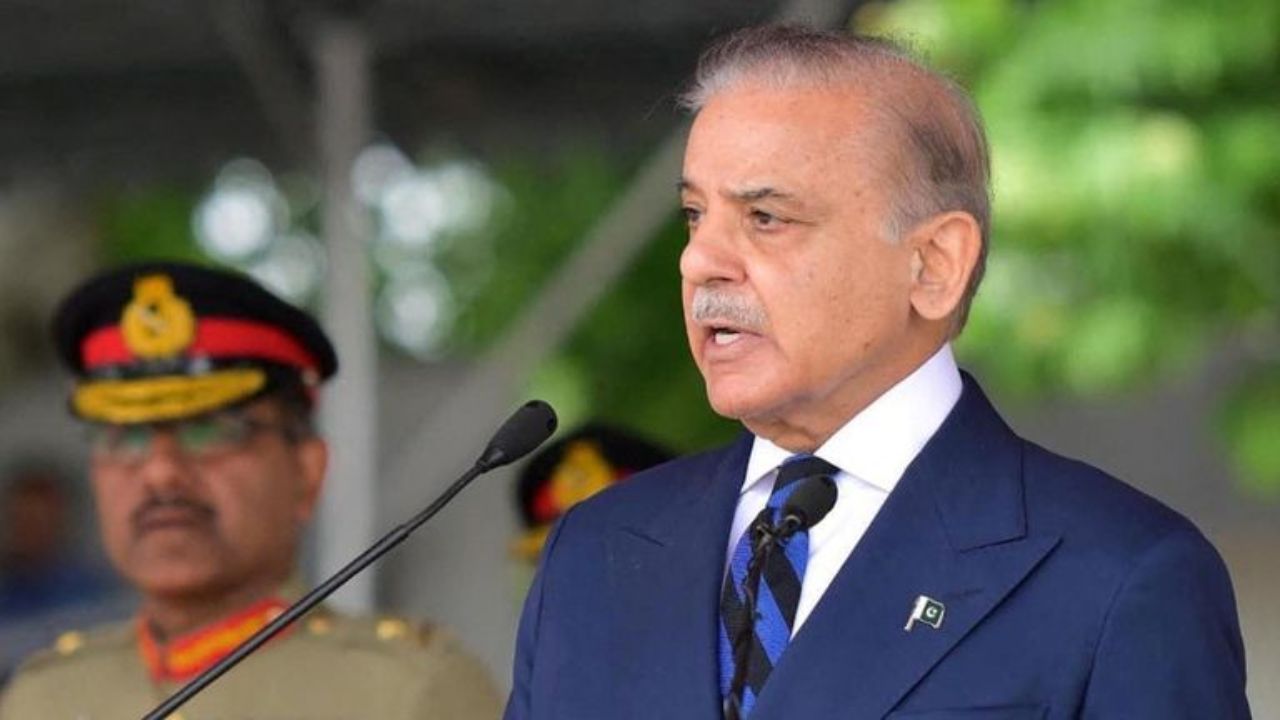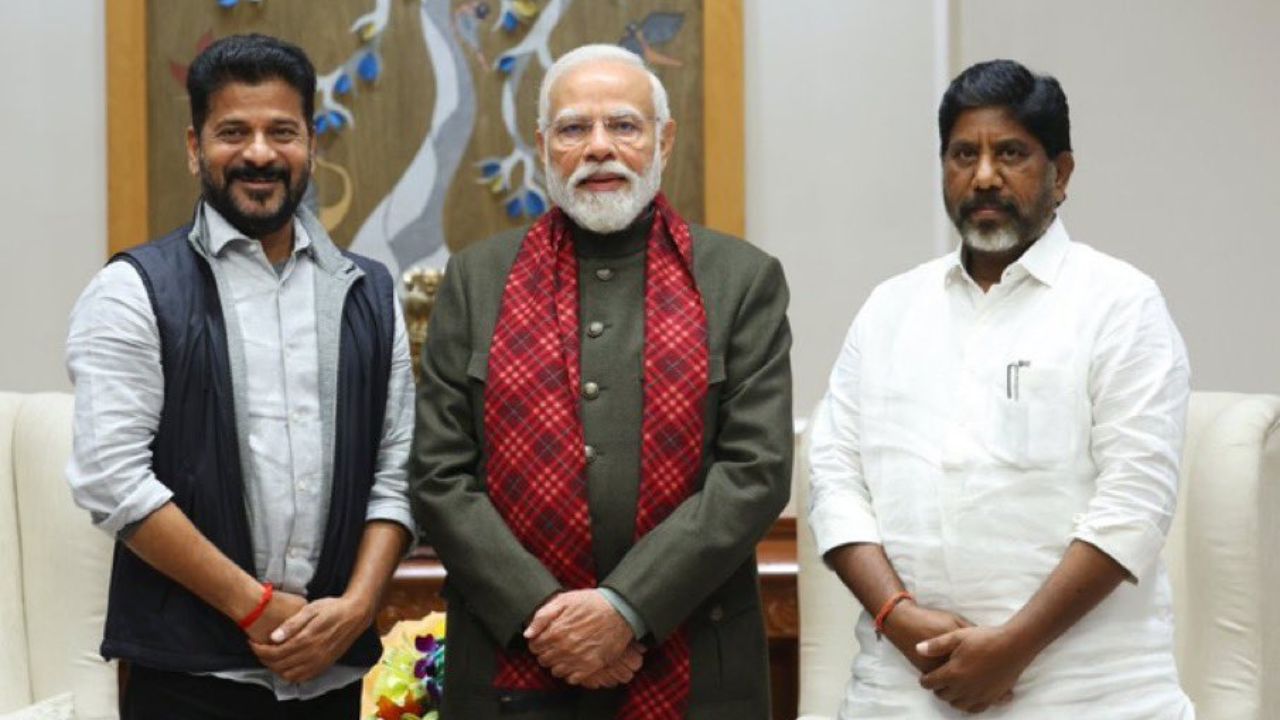The BJP has been celebrating its performance in the Jammu and Kashmir Assembly elections, particularly after outperforming the Congress in the Jammu plains. In the first Assembly elections held after the abrogation of Article 370, the BJP increased its vote share from 22% in 2014 to over 25%, and improved its seat tally from 25 to 29.
However, the party’s success was limited to the Jammu region. In the Kashmir Valley, where it contested 19 seats, the BJP lost its deposit in all but one seat. Despite these losses, the party saw a rise in its vote share in the Valley. In 2014, the BJP received 2.5% of the vote across the seats it contested in Kashmir. In the recent election, it contested fewer seats (19 compared to 33 in 2014), but its vote share grew to 5.8%.
While the BJP’s failure to win any seats in Kashmir reflects public dissatisfaction with the party following the scrapping of the region’s special status, the increase in vote share suggests that the BJP made strategic choices about the constituencies it contested.
In 2014, the BJP lost deposits in almost all constituencies in Kashmir, but this time it saw a slight improvement. The party’s best performance was in the Gurez and Habbakadal constituencies, where it finished second. In Gurez, located near the Line of Control, the BJP came close to winning, securing 40% of the vote and losing by only a thousand votes. In Habbakadal, a Srinagar constituency with a large Kashmiri Pandit population, the BJP again finished second but lost its deposit.
In other constituencies like Bijbehara, Anantnag East, Shopian, and Chanapora, the BJP finished third or fourth. The worst performances were in constituencies like Bandipora, where it finished 12th, and Eidgah in Srinagar, where its candidate secured the fewest votes of any BJP contestant.
The electoral landscape of Jammu and Kashmir has changed post-delimitation, with Jammu now having 43 seats (up from 37 in 2014) and Kashmir holding 47 seats (compared to 46 previously). Despite the BJP’s challenges in the Valley, its overall performance across the Union Territory has improved, laying the foundation for future elections.





